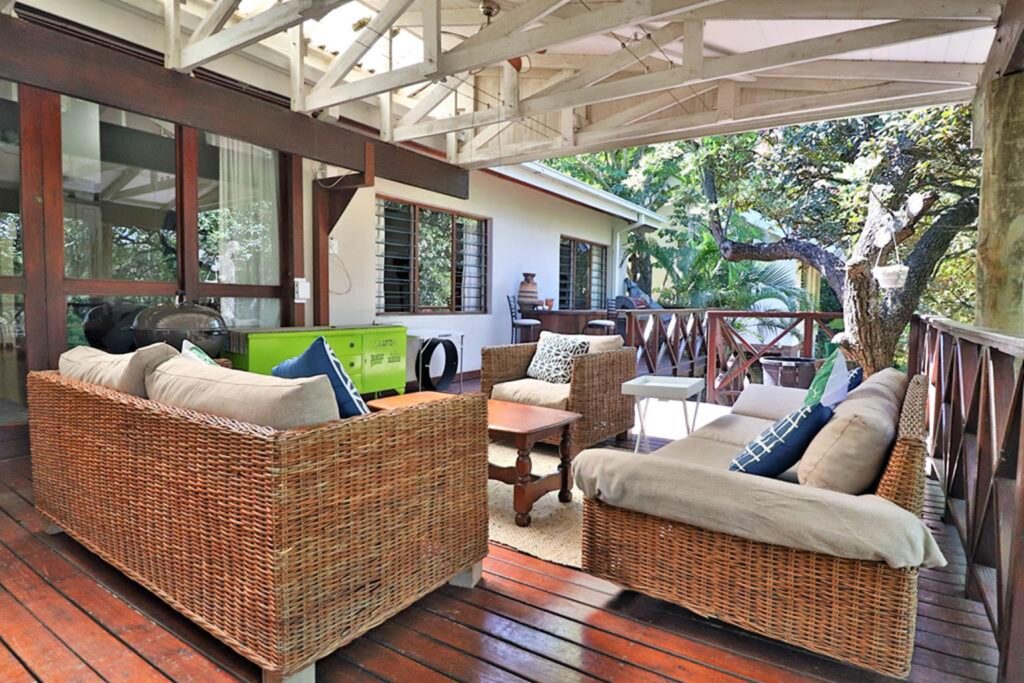The Early Days of Trump’s Involvement in Gambling
Donald J. Trump first encountered the world of gambling when he was just a young businessman, but his ties to this industry would eventually become a significant part of his personal and professional life. The 1960s marked the beginning of Trump’s involvement with casinos, which would later evolve into a series of controversies and allegations that would shape public perception.
In 1967, Donald Trump co-purchased the Commodore Hotel & Casino in New Jersey. This venture was not only his first foray into the gambling industry but also trump-game.net a strategic move to establish himself as a player on the real estate scene. The purchase was made with his father, Fred C. Trump, and it was one of many business ventures they undertook together.
The Commodore Hotel & Casino was a significant property in Atlantic City, known for its large ballrooms and dance halls. However, the building’s location in New Jersey meant that the venture faced legal challenges due to state gambling laws. Nevertheless, Donald Trump’s father had connections with local political figures who helped smooth the way for their business interests.
Trump’s Expansion into Las Vegas: The Taj Mahal
The late 1970s saw a significant shift in Trump’s career as he expanded his business empire to Las Vegas. In 1983, Donald Trump launched what would become one of the most controversial and talked-about projects in the gambling industry—the Taj Mahal casino.
The Taj Mahal was located on the Las Vegas Strip, a highly competitive environment where big names like Caesar’s Palace, Flamingo Las Vegas, and Harrah’s were already established. The project required massive financing—around $500 million—and it promised to be an opulent landmark with gold-leafed ceilings, marble floors, and 1,600 slot machines.
From the outset, the Taj Mahal was a gamble that many thought would fail due to its high costs and unconventional design. Critics accused Trump of using his celebrity status to secure favorable financing terms, arguing that his father’s connections with New Jersey gambling moguls played a role in the project’s approval.
The opening of the Taj Mahal in 1986 was celebrated with a grand ceremony but faced numerous challenges from its inception. The property struggled financially and had to go through several bankruptcy proceedings before being sold in 2005 for just $7 million, well below its original cost.
The Trump International Hotel & Casino Atlantic City: A Controversial Project
In the early 21st century, Donald Trump made a return trip to his roots with the opening of the Trump International Hotel & Casino in Atlantic City. The project was approved by the New Jersey state legislature in 2004 but faced significant opposition from local politicians and community activists who accused Trump of overpricing the land and using his celebrity status to gain an unfair advantage.
The hotel-casino complex was completed at a cost of $1 billion and was hailed as one of the largest construction projects in New Jersey history. However, it quickly became embroiled in controversy when several lawsuits were filed against Trump by investors who alleged fraud and mismanagement.
One of the most notable legal battles involved former partner David Siegel, who sued Trump over the development’s financing and management. The case dragged on for years and ended with a multimillion-dollar settlement that damaged both parties’ reputations.
Public Perception and Controversies
Throughout his career in gambling, Donald Trump faced numerous criticisms regarding the ethical implications of his involvement in an industry known for its high-risk, high-reward nature. Critics often pointed to his connections with organized crime figures as a potential source of illegal activities within his business dealings.
In 1985, the U.S. Justice Department launched an investigation into possible links between Trump and organized crime after receiving tips from a former New Jersey governor, Jim Florio. The investigation was dropped when no concrete evidence could be found linking Trump to criminal activity.
However, the controversy surrounding Trump’s business practices continued. In 2016, during his presidential campaign, he faced allegations of complicity with foreign entities and the potential impact on national security due to his properties’ connections to Russia. Critics argued that these associations posed a risk to U.S. interests abroad.
Legacy and Aftermath
Despite the controversies, Donald Trump’s legacy in the gambling industry remains significant. His projects like the Taj Mahal and the Trump International Hotel & Casino Atlantic City helped shape the landscape of Las Vegas and Atlantic City respectively. These ventures also highlighted the risks and rewards associated with entering a highly regulated and competitive market.
Today, much of the scrutiny has faded, but the memories of these projects continue to influence public opinion on gambling and real estate in America. The Trump name remains associated with opulence and luxury, yet it is also synonymous with risk and controversy.
In conclusion, Donald J. Trump’s ties to the gambling industry offer a complex narrative that intertwines personal ambition, business acumen, and ethical concerns. His ventures into casinos and hotels have left an indelible mark on the American landscape while continuing to generate debate over their impact and sustainability in the long term.
